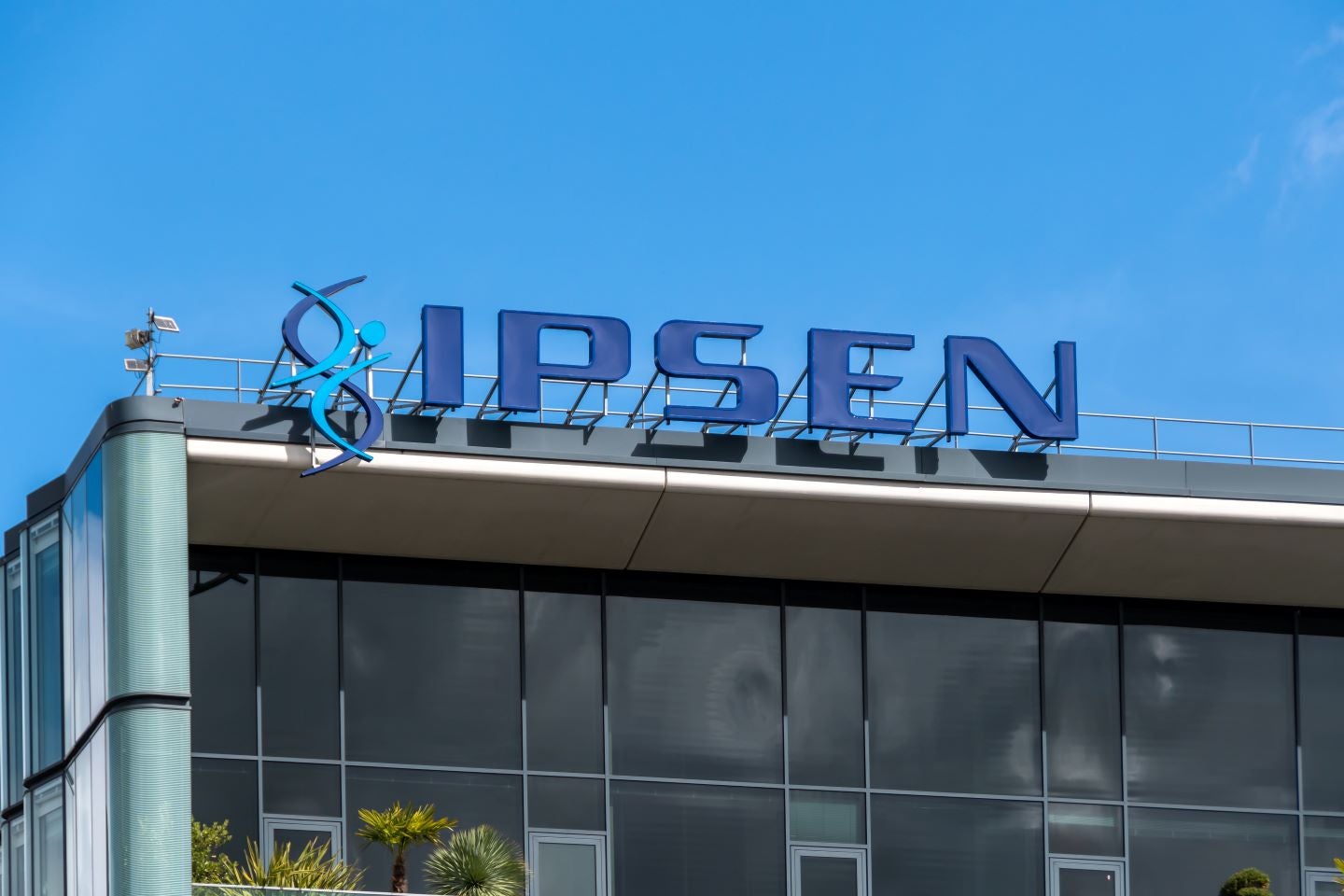On 16 April 2025, the European Commission (EC) published a press release announcing the launch of and details regarding the first two medicinal products to undergo joint clinical assessments (JCAs). This follows the EU’s joint health technology assessment (HTA) system, which came into effect on 12 January 2025, starting with all new oncology medicines and advanced therapy medicinal products (ATMPs).
The first drug is Ipsen’s (France) tovorafenib for the treatment of paediatric low-grade glioma. The drug is an orphan-designated type II rapidly accelerated fibrosarcoma (RAF) kinase inhibitor. In May 2024, the FDA granted the drug accelerated approval in the US, where it is sold under the brand name Ojemda. For its JCA, the assessor is Ireland’s National Centre for Pharmacoeconomics (NCPE) while Germany’s Institute for Quality and Efficiency in Healthcare (Institut für Qualität und Wirtschaftlichkeit im Gesundheitswesen, IQWiG) operates as the co-assessor.
The second drug is Iovance Biotherapeutics’ (US) Amtagvi (lifileucel), an ATMP. While the EC has not stated the brand name, it did state the international non-proprietary name (INN) of the ATMP as “autologous melanoma-derived tumour infiltrating lymphocytes, ex vivo-expanded”. However, based on this information, it can be deduced that this statement references Amtagvi. In February 2024, this drug was also granted accelerated approval by the FDA for the treatment of patients with advanced melanoma who previously received treatment with an anti-programmed cell death 1 (PD-1) antibody, or with a v-Raf murine sarcoma viral oncogene homolog B1 (BRAF) inhibitor, if BRAF V600 positive, with or without a mitogen-activated extracellular signal-regulated kinase (MEK) inhibitor. The assessor for the JCA is the French National Authority for Health (Haute Autorité de santé, HAS) and the co-assessor is Poland’s Agency for Health Technology Assessment and Tariff System (Agencja Oceny Technologii Medycznych i Taryfikacji, AOTMiT).
These assessors and co-assessors will now produce a draft JCA report, which will have to be endorsed by the Member State Coordination Group on Health Technology Assessment no later than 30 days following the adoption of a decision by the EC granting marketing authorisation. During the initial scoping phase, the assessor will produce particular research questions to be addressed by the JCA based on the population, intervention, comparison, and outcomes (PICO) framework. Once the questions are defined, developers will have a short turnaround period (100 days) to compile and submit their JCA dossiers. The EU-wide JCAs come with both advantages and disadvantages. In EU markets with highly developed HTA systems, such as France and Germany, there is a risk that the assessments will create a bureaucratic hindrance to well-functioning systems, potentially delaying outcomes in markets that historically guaranteed earlier access to newly authorised therapies. In GlobalData’s Price Intelligence (POLI) database, the average time to the first HTA decision is 320 days in Germany and 311 days in France. However, as both the French and German agencies are operating as assessors, this may help mitigate these concerns. Additionally, the reform provides an opportunity for smaller markets to develop and improve their HTA systems.
This article is produced as part of GlobalData’s Price Intelligence (POLI) service, the world’s leading resource for global pharmaceutical pricing, HTA and market access intelligence integrated with the broader epidemiology, disease, clinical trials and manufacturing expertise of GlobalData’s Pharmaceutical Intelligence Center. Our unparalleled team of in-house experts monitor P&R policy developments, outcomes and data analytics around the world every day to give our clients the edge by providing critical early warning signals and insights. For a demo or further information, please contact us here.

US Tariffs are shifting - will you react or anticipate?
Don’t let policy changes catch you off guard. Stay proactive with real-time data and expert analysis.
By GlobalData


